Do you really need an external DAC to get the most from Apple Music?
A little musical box of tricks.
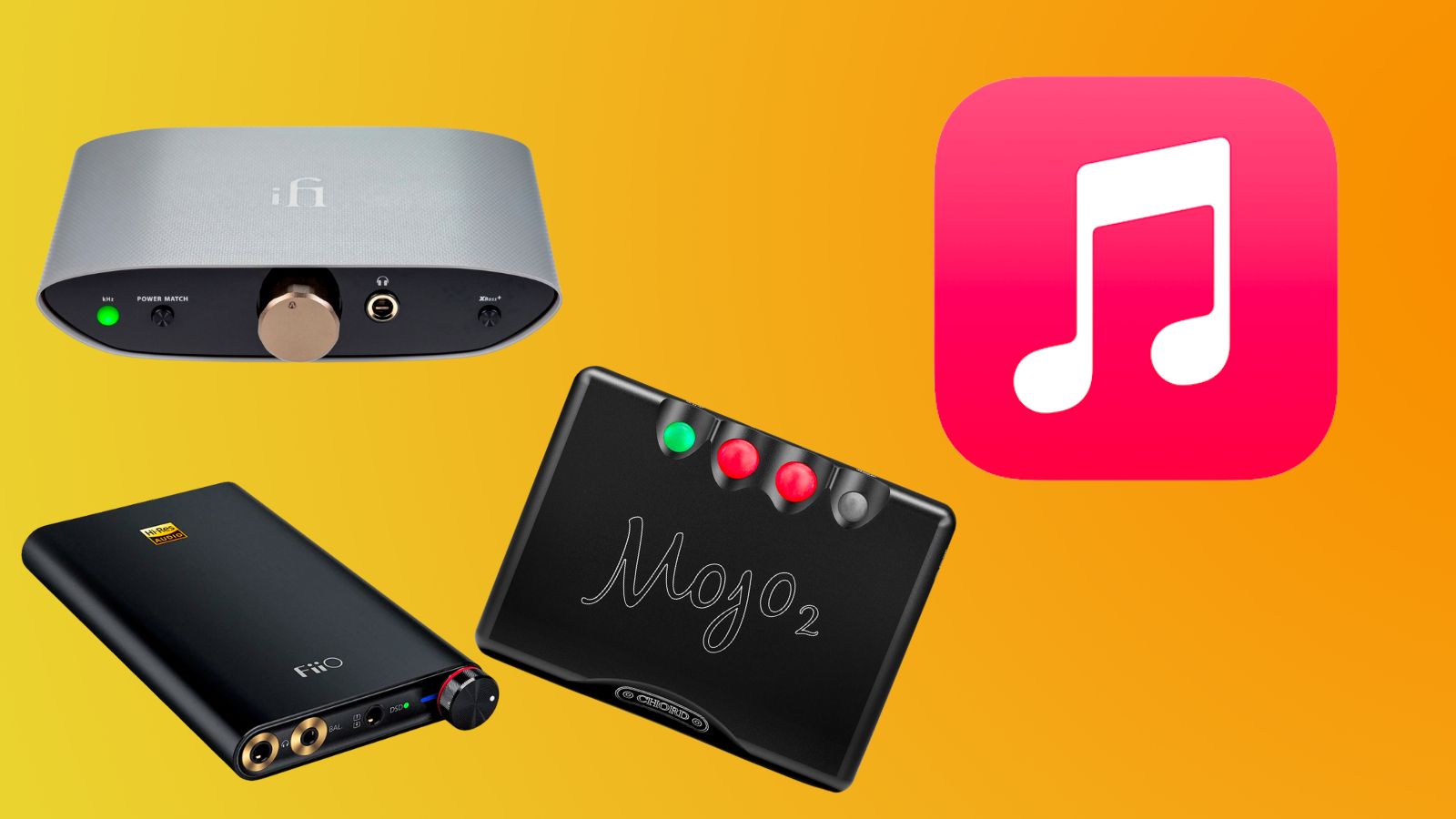
iMore offers spot-on advice and guidance from our team of experts, with decades of Apple device experience to lean on. Learn more with iMore!
You are now subscribed
Your newsletter sign-up was successful
I like Apple music a lot, and while I’m slowly being tempted away to other, more niche music streaming services it will forever hold a place in my heart as the gateway to one of my most expensive hobbies. Apple Music lossless sent me down the dark and lonely path of finding the best audio gear possible, joining hundreds of other people in the long and dusty halls of audiophile-dom. Throughout my journey there was one question I always had - does plugging one of the best DACs into my Mac for Apple Music lossless even do anything?
For a long time, it was not a question I could answer. After all, DACs tend to be quite expensive, and when you could be spending money on new speakers or headphones, a DAC was a little further down my list of audio needs and wants. It was always there though, boiling away below the surface. Whenever I looked at the settings menu and Apple Music told me ‘to get the best sound quality, you need an external DAC or a newer machine’ I always wondered what it would sound like. Just how much of a difference it would make.
It turns out, for those who don’t want to read my ramblings, that it makes more of a difference than I could have ever imagined.
What even is an external DAC?
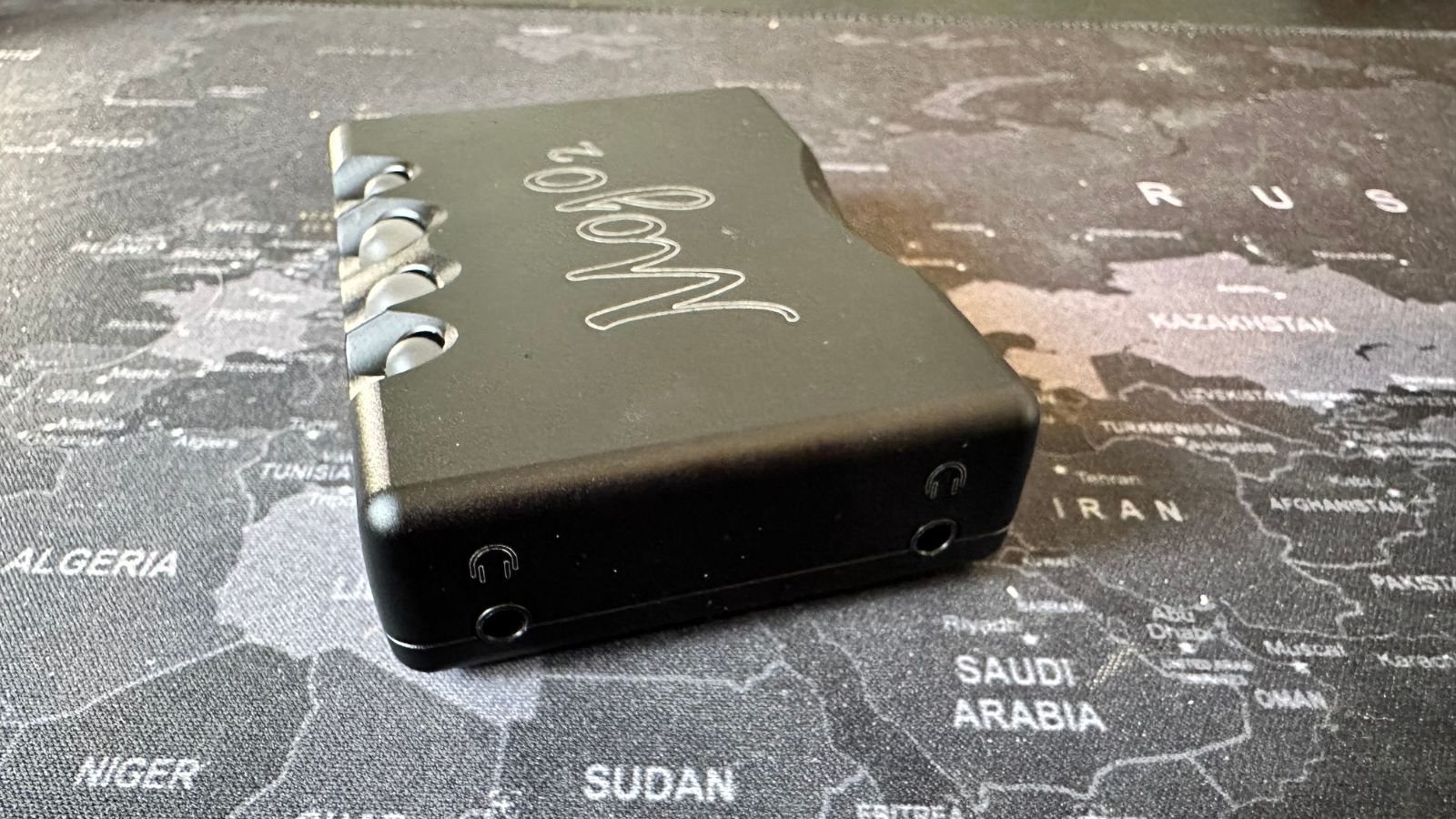
Or just a DAC, for that matter. A DAC is one of those things we’ve all come into contact with at some point or another. They’re in our wireless headphones, our laptops, our iPhones, and even our watches. It’s how we’re able to listen to streamed music at all.
A DAC is a digital-to-analog converter. It takes the digital signal that a streaming platform pumps out, and turns it into an analog signal that the speaker units, or drivers, in your headphones can make into sweet music for your ears to listen to. That’s a very simple breakdown of a DAC, but it will serve the purpose I need it to here.
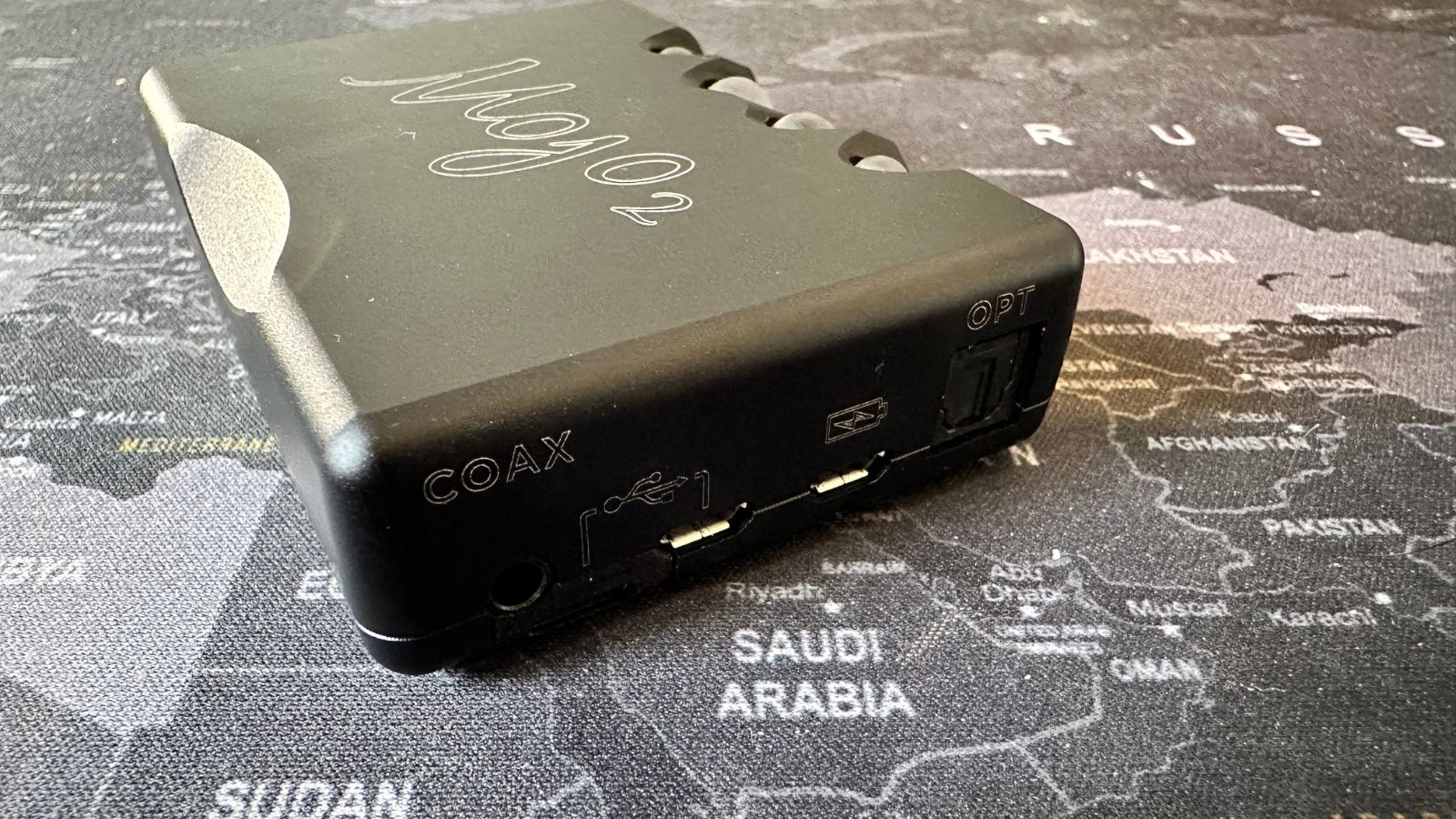
The issue is that not all DACs are created equal. The DAC in your iPhone 14 will be less capable than the DAC in your MacBook Pro 14-inch, and so on and so forth. See, music files of different qualities come in different bitrates, a measure of the quality of the digital track itself. I won’t go into detail here, but generally, the higher the bitrate, the better quality of the track. Now, with higher bitrates, just as with higher-quality video files, comes the need for better-quality audio conversion. The DACs in phones, laptops, and tablets just aren’t built to convert the highest bitrates properly. In this case, they are the weak link in the signal chain.
That’s where a dedicated DAC comes in. It’s a little box that’s made with the sole purpose of converting those high-bitrate tracks into listenable signals, using stronger hardware to decode the higher-quality track. The better the DAC, the better the analog signal that’s converted from that digital track.
iMore offers spot-on advice and guidance from our team of experts, with decades of Apple device experience to lean on. Learn more with iMore!
So do I need one?
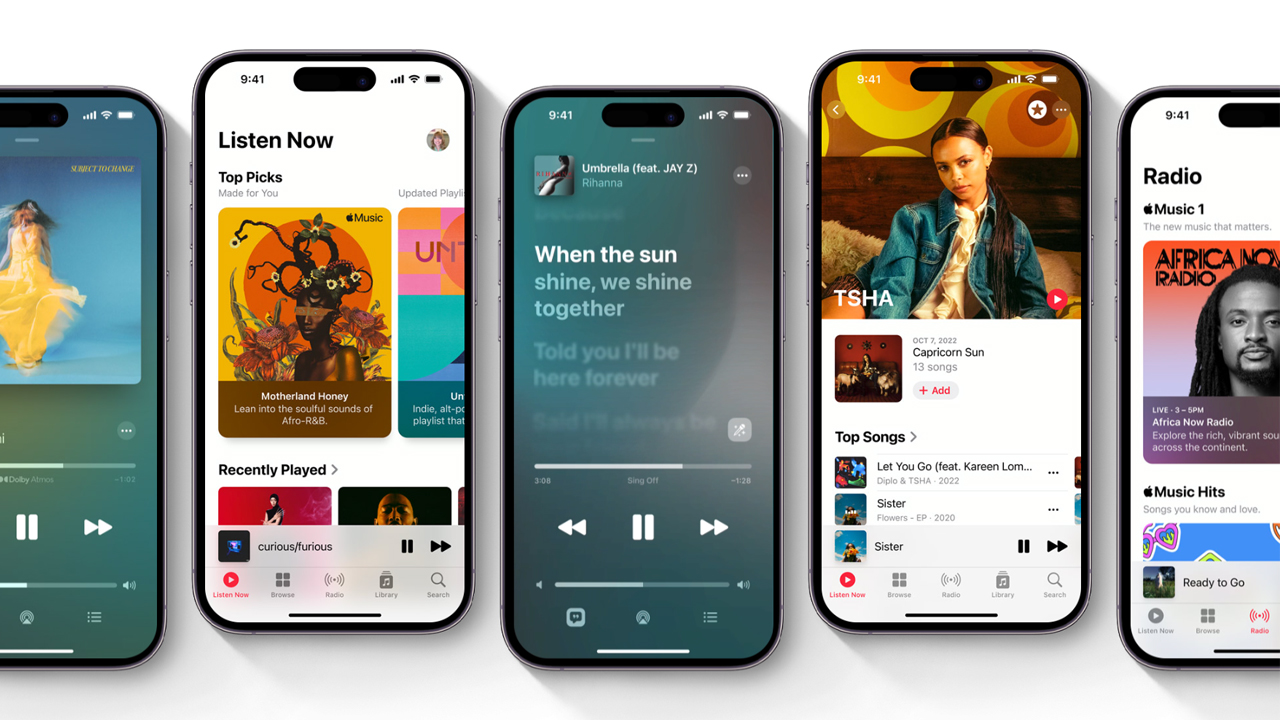
In a word: No. In a few more words: No, but you definitely want one. Apple Music is capable of spitting out very high bitrate tracks, with some even reaching the lofty heights of 24bit 192kHz (that's a very high-quality track, for reference). Now, you’re not going to get those bitrates through Bluetooth, as the standard simply isn’t going to be strong enough to carry the incredible amounts of data that is contained within a lossless audio track. All of these require a cable, let alone a DAC.
If you want to listen to those lossless tracks, you’re going to need an external DAC, there’s no doubt about it. This, for example, is the Chord Mojo 2. It’s a pain to use, but its capability as a DAC is simply phenomenal. It also costs $500. That, in case numbers aren’t your forte, is a lot.
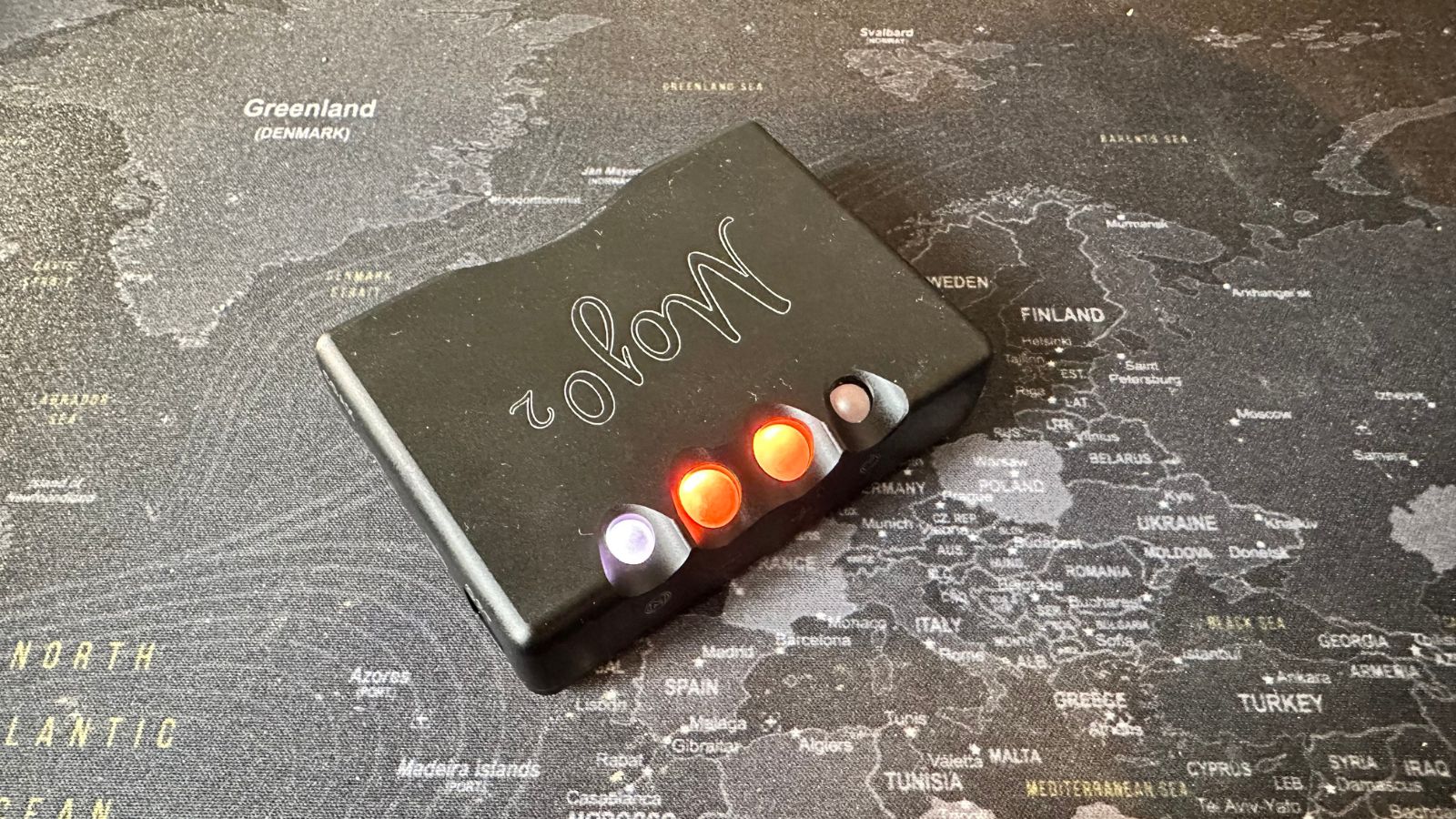
Now you don’t have to spend that much on a DAC to get those top bitrates. DACs from the likes of iFi and others cost a whole lot less, while competently converting your lossless tracks. They’re not going to sound as good as the Mojo 2, and they might not have some of the other cool features (like the amp in the Mojo that can power even the largest and most power-hungry headphones), but they’ll cost less. You can also spend more on a DAC, if you want, but that’s when it starts to get to a point of diminishing returns.
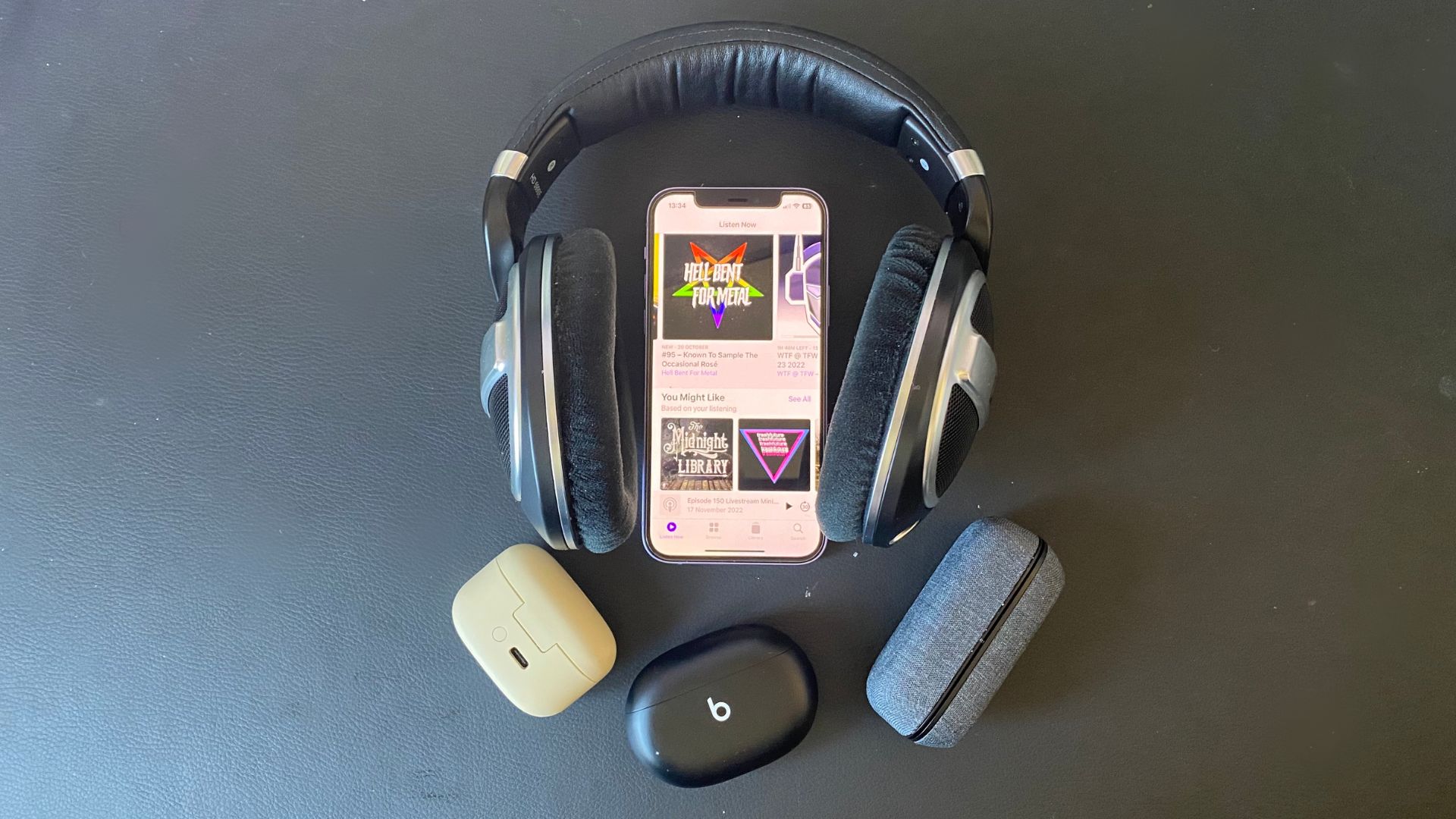
A good DAC works because it is able to reproduce a better analog signal, that’s really all there is to it. If you want to make the most of the Apple Lossless, then you should absolutely look into getting a DAC. That way, you’ll be able to experience higher quality audio and get curious as to what other HiFi streaming services are like, such as Qobuz or Tidal (Spoiler; they’re flipping great). Apple Music can act as a gateway to better audio. You can even get one that will plug into the best iPhones, so you'll be fine no matter what device you're using.
Do you need a DAC though? If you just like to listen to Apple Music over your AirPods Max or similar Bluetooth cans, then you’re not going to be too bothered about something that almost ties you to your desk. Yes, the Mojo 2 has a built-in battery and is called ‘portable’, but you’re not going to want to transport any further than your bedroom to the lounge. Not one for the bus. If this is you, then no, you don’t need a DAC. But you might be tempted.

As iMore's Senior Staff writer, Tammy uses her background in audio and Masters in screenwriting to pen engaging product reviews and informative buying guides. The resident audiophile (or audio weirdo), she's got an eye for detail and a love of top-quality sound. Apple is her bread and butter, with attention on HomeKit and Apple iPhone and Mac hardware. You won't find her far away from a keyboard even outside of working at iMore – in her spare time, she spends her free time writing feature-length and TV screenplays. Also known to enjoy driving digital cars around virtual circuits, to varying degrees of success. Just don't ask her about AirPods Max - you probably won't like her answer.
